RHSRNbc will host several panel sessions throughout the two-day virtual symposium. Join us with our guest speakers who will share their expertise, lived experience and thoughts on the current issues around rural health services, sustainability and climate change.
Opening and traditional welcome speaker
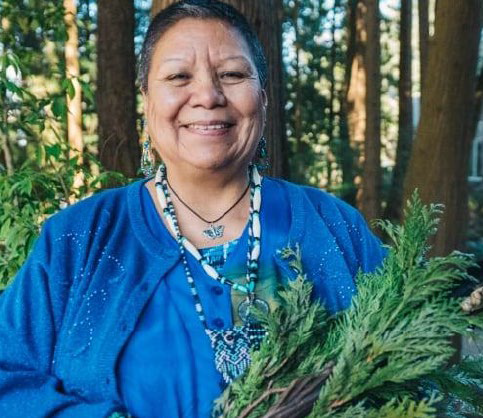
ELDER ROBERTA PRICE – Coast Salish, Snuneymuxw, and Cowichan Nations
Roberta is the mother of 4 children and grandmother to 9 beloved grandchildren.
She has worked for many years as an Elder for the Richmond, Delta & Burnaby School Districts where she has facilitated cultural teaching circles in lower mainland schools for 35 years and is also frequently called to support adult learners at the UBC Learning Exchange in Vancouver’s Downtown Eastside.
Roberta works closely with the Aboriginal Wellness Program at Vancouver Coastal Health where she is the Elder-in-Residence and works with the Aboriginal Patient Navigators Program to support patients in many Vancouver Coastal Health hospitals and health care centres. She also provides services traditional and healing services for the Elder Visiting Program at BC Women’s and Children’s Hospital and at St. Paul’s Hospital
.
Day 1 Session 1 Youth Panelists
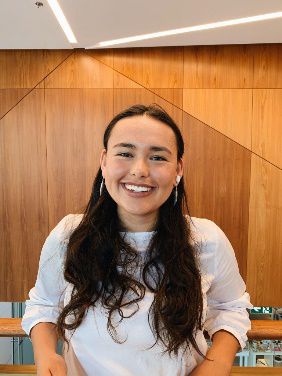
Sila Rogan
Sila studies genetics and physiology at the University of British Columbia. She is interested in using research and science to improve health equity and address the health impacts of climate change, and works as a research assistant with the Centre for Rural Health Research and the Rural Health Services Research Network of BC. An advocate for health equity and improved access to and quality of health services, Sila also serves as a council member for the Prime Ministers Youth Council, a Board Member at Large for Canadian Society for Circumpolar Health, and an organizing committee member for the University of Toronto’s Indigenous Health Conference.

Diane Kim
Diane is a Research Assistant at RHSRNbc. She graduated from University of British Columbia with a Bachelor of Science. Her interest focuses on developing effective strategies to improve health care access across the province. Before joining the RHSRNbc team, she has partaken in various studies presented at the BC Surgical Society, American Society of Clinical Oncology, and more. Diane also enjoys spending time with children, and ultimately wants to contribute in building healthy families, both locally and globally.
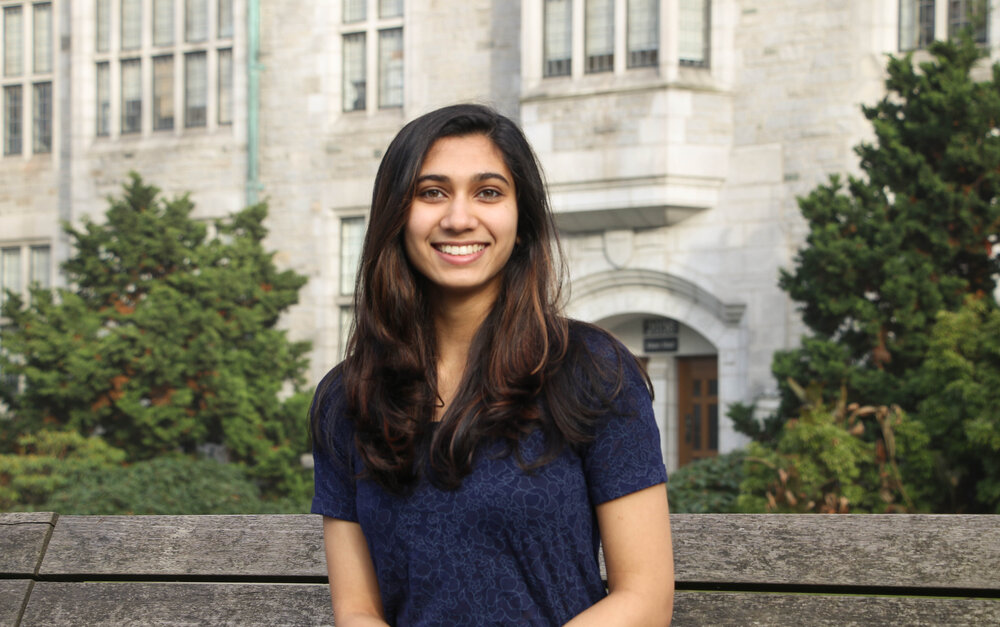
Urvee Karve
Urvee is an undergraduate student at University of British Columbia pursuing a degree in Geography. She is a GIS assistant at the Rural Health Services Research Network of BC where she is closely involved with the Network’s GIS catchment project; parts of the background paper for the Network’s 2020 symposium; and our Climate Change storyboard. Her interests are in sustainability, climate science and GIS. In her role, she is particularly interested in understanding the impacts of climate change in rural Canada and how communities can become sustainable and build resiliency. She is also a Research Assistant at the Centre for Rural Health Research where she is applying aspects of the Network’s GIS catchments to the Rural Birth Index project. Additionally, she has previously applied some of the catchment work to the Rural Surgical and Obstetrical Network project (part of CRHR). She has also worked at the Department of Earth, Ocean and Atmospheric Sciences at UBC, where she worked on a research project that assesses the impact of the forestry industry and climate change on watersheds in Canada.
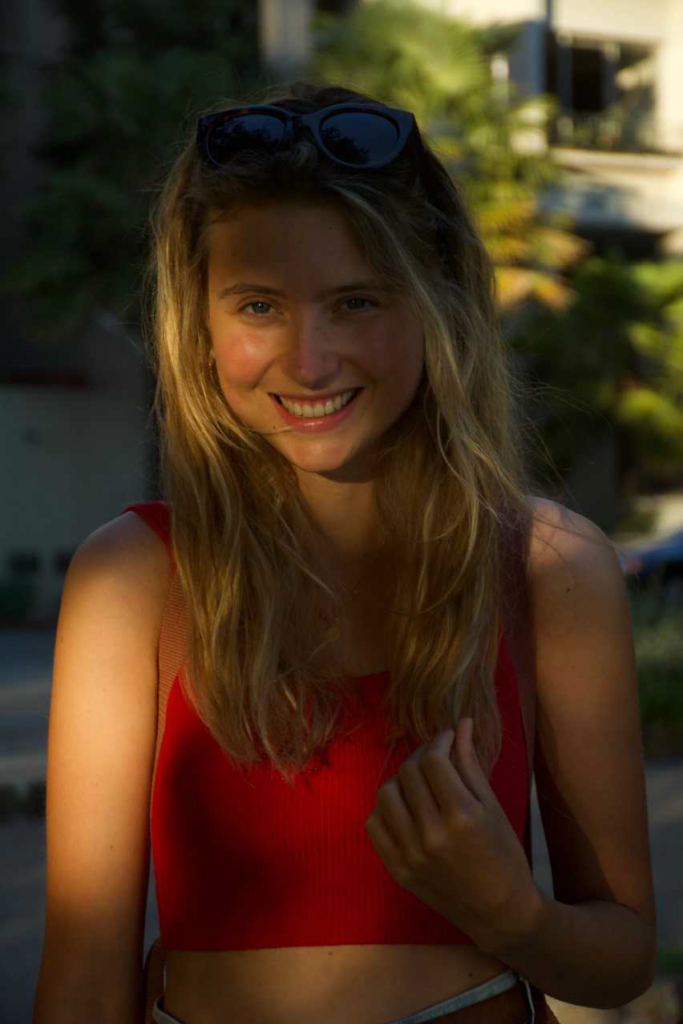
Montana Blum
Montana is a second-year medical student at UBC. Montana completed her undergraduate studies at McGill in Cognitive Science and Social Studies of Medicine before moving home to the West Coast. Montana is interested in the intersection between climate change and population health and is passionate about climate advocacy in healthcare. Montana is currently working with several of her peers on a project to increase climate awareness and engagement among medical students. She is thrilled to be participating in the RHSRNbc Symposium and is looking forward to learning more about enhancing resiliency to climate change in communities across British Columbia.
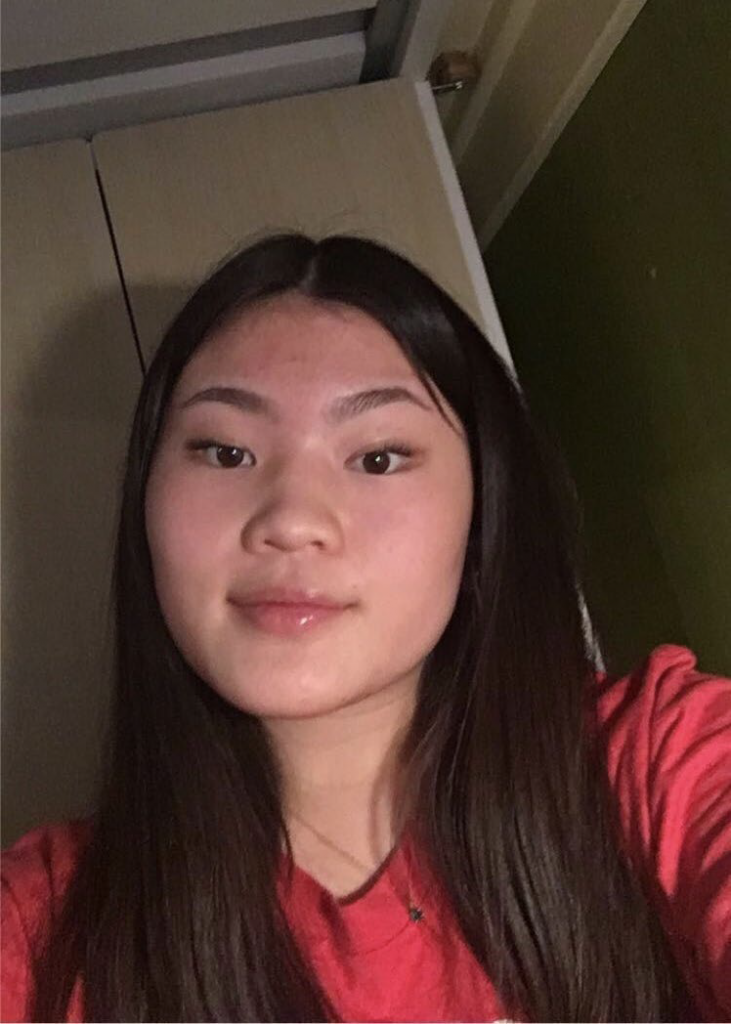
Holly Gale
Holly is a grade 11 student and a member of the Kimberley Youth Action Network’s Environmental Action Team, also called EAT. She joined EAT because she was inspired by youth activism and leadership around the world. Holly is passionate about protecting our Earth by integrating sustainable solutions into our lives to preserve our environment.
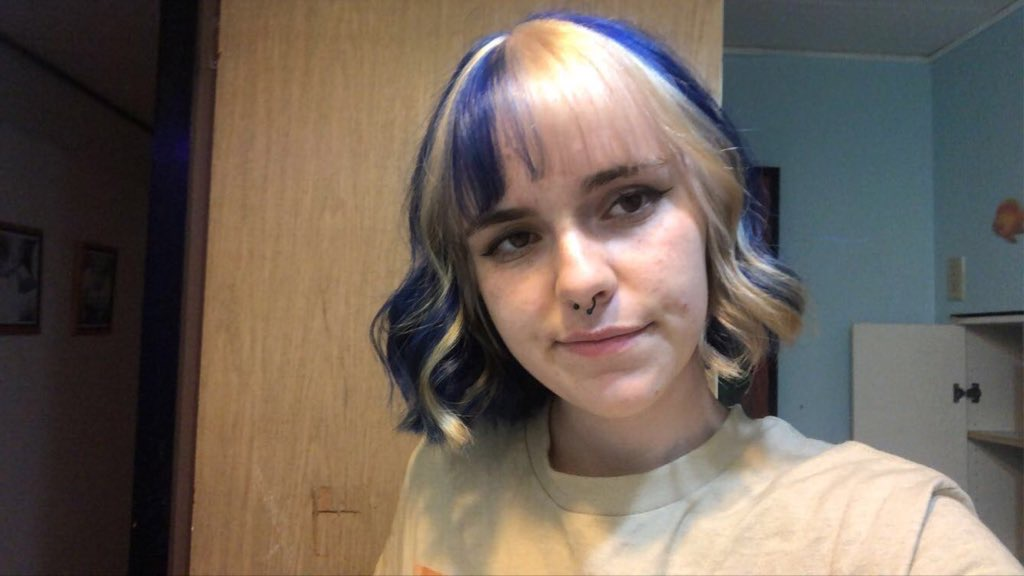
Ciara Robison
Ciara is a member of the Kimberley Youth Action Network’s Environmental Action Team. She has joined the Environmental Action Team three years ago to be able to guarantee a future for herself and others. Currently in 11th grade, Ciara hopes to continue her work with the Environmental Action Team for as long as she can.
Erin Knight
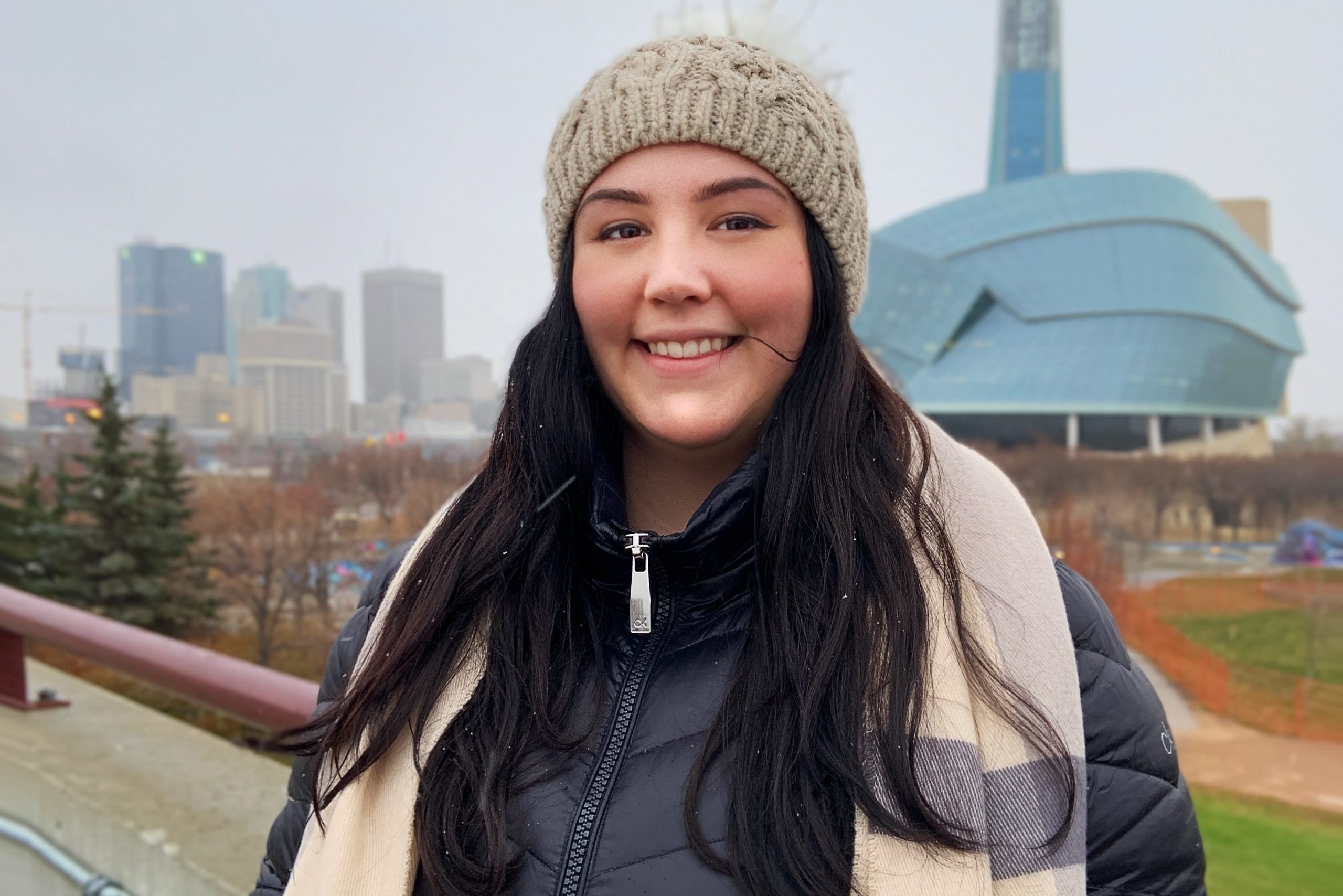
Erin is the Founder and Co-Chair of the Foundation for Rural Youth Empowerment (FRYE), a non-profit that works to support equitable access to university education for rural youth across Canada. She holds a Bachelor of Arts in Development Studies and a Certificate in Sustainability Studies from UCalgary, where she studied as a Loran Scholar. Her hometown is Gilbert Plains, Manitoba, a town of approximately 750 located in Treaty 2 Territory. Erin is a Métis woman with family roots in the San Clara and White Horse Plain/St. François Xavier areas.
Day 1 Session 2 Panelists
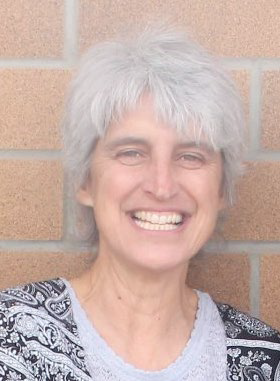
Dr. Laura Dewar
Retired Community Wellness Manager (South Cariboo)
Laura was a Community Wellness Manager for the 100 Mile House region of the interior of BC. She was one member of the Community Wellness Team consisting of four managers (Ashcroft, 100 Mile House, Williams Lake and Quesnel-Nazko). The team was hired with funding from United Way’s United for Wildfire Recovery initiative as well as the Canadian Red Cross. The Community Wellness and Wildfire Recovery project was based on recommendations of local mental health working groups and the provincial government following an unprecedented 2017 wildfire season. The team worked to reduce gaps in mental health services and to develop and implement initiatives to improve resiliency in their perspective communities. Laura also worked as a research consultant and collaborated with several researchers to develop community-based research projects geared to improve resiliency in specific populations in the wildfire-impacted areas. Prior to working for United Way, Laura was a coroner in the BC interior for 24 years. She has a PhD in Biomedical Physiology and Kinesiology from SFU and continues to collaborate on various research projects at SFU and UBC.
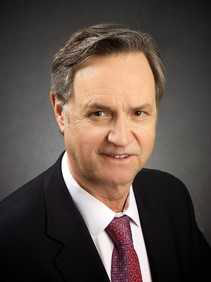
Dr. George Abbott
First elected as an MLA for the Shuswap in 1996, George has served as Minister of Education, Minister of Aboriginal Relations and Reconciliation, Minister of Health, Minister of Community, Aboriginal and Women’s Services, and Minister of Sustainable Resource Management and many other titles over the last few decades. He graduated from the University of Victoria with a PhD and MA in Political Science. Some of the major projects he worked on since 2013 includes negotiator for Lax Kw’alaams First Nation LNG negotiations (2013-2015), mediator/facilitator for Strathcona Regional District in resolution of water issues with the City of Campbell River (2013), Co-Chair for Provincial Fire and Flood Review (2018). Recently, he published a book on Big Promises, Small Government: Doing Less with Less in the BC Liberal New Era (2020). This book demonstrates the integral relationship between effective tax policy and sustainable social programs.
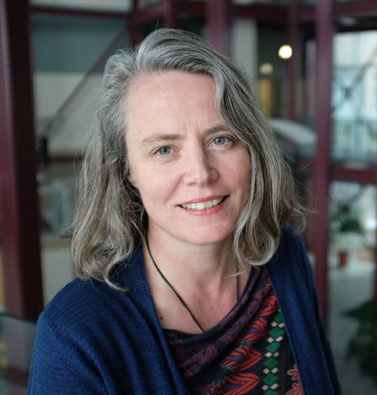
Dr. Margot Parkes, (MBChB, MAS, PhD)
Dr. Parkes is a Professor in the School of Health Sciences, UNBC; Cross Appointed, Northern Medical Program, UBC (2009-2020) and an Honorary Associate Professor, Department of Preventive and Social Medicine, University of Otago, Dunedin, New Zealand. She held the Canada Research Chair in Health, Ecosystems and Society position from 2009-2019. Her current research focuses on the impacts of ecosystem change on social determinants of health especially in the context of watersheds in rural, remote and Indigenous communities. Another focus includes the design of education, research and governance options to address the converging objectives of health, social equity and ecosystem sustainability. Informed by the intersectoral, interdisciplinary and boundary-crossing nature of this work, she has specific interests in the collaborative and multi-stakeholder processes required to address complex issues at the interface of health and sustainability.
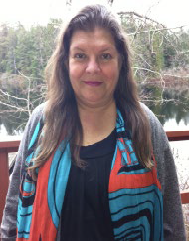
Darlene Sanderson, PhD, RN
My name is Darlene Sanderson. I am of Cree ancestry from Manitoba (Churchill, Norway House) and a mother of two adult children. I am currently an Assistant Professor with the School of Nursing (SoN) at Thompson Rivers University (TRU) in Kamloops, BC. I completed my PhD at Simon Fraser University in Interdisciplinary Studies; my MA in Child and Youth Care at UVic; and my BScN at the University of Alberta. I worked as a cardiac nurse for 17 years and have since worked with Indigenous peoples locally and globally on water, climate change, and health issues. My doctoral work focused on Indigenous elderly teachings of the spiritual dimensions of water and the connections between health, education, law and the environment. I learned teachings from my Cree, Nuu-Chah-Nulth and Maori Elders from Aotearoa (New Zealand). My current scholarship explores the nexus between water, climate change and health among Indigenous peoples at the local and international levels. In British Columbia, I worked closely with urban and rural Indigenous communities to co-design ten solution-focused workshops on water protection in order to create enhanced awareness and education. My local and global involvements have reflected my passion for the implementation of Indigenous values and practices, relationship building, and collaboration for improving the health and well-being of water and of all people, plants and animals.
Blaine Grinder
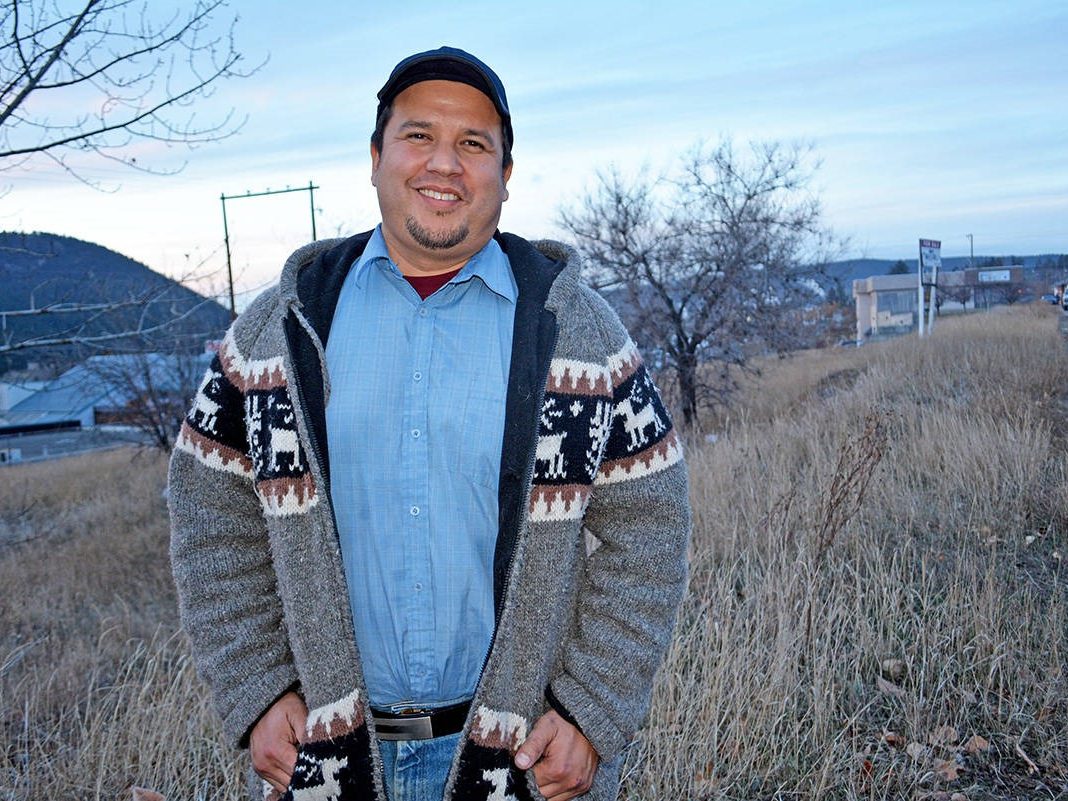
Hello, my name is Blaine Grinder from the Tsilhqot’in Nation, I reside in the community called Tl’etinqox, I am currently an elected leader in my community and serve my Nation as the Tsilhqot’in Land-Base Healing Coordinator.
Day 2 Session 3 Panelists
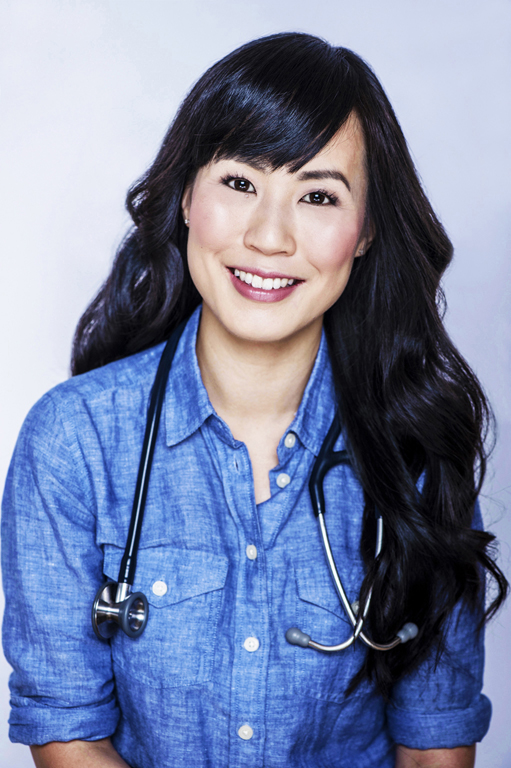
Dr. Melissa Lem
Dr. Melissa Lem is a Vancouver family physician who also works in rural and northern communities within Canada. A board member of the Canadian Association of Physicians for the Environment and Director of Parks Prescriptions for the BC Parks Foundation, she is a long-time advocate for the health benefits of time spent in nature. She was the resident medical expert on CBC TV’s hit lifestyle show Steven and Chris for four seasons and continues to educate diverse audiences on air as a regular contributor to CTV News. Her writings on the environment and human well-being have been published by national media including the CBC, Vancouver Sun, Toronto Star, Montreal Gazette, National Observer, and Alternatives Journal. She was the inaugural winner of University College’s Young Alumni of Influence Award at the University of Toronto, and is a Clinical Assistant Professor at the University of British Columbia.
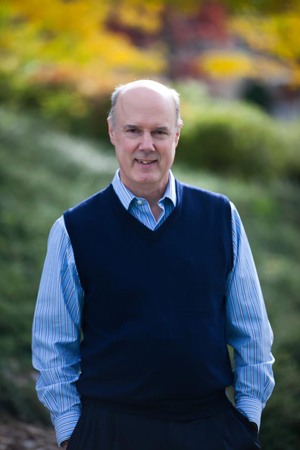
Warren Bell, BA, MDCM, CCFP, FCFP (LM), CAPE Board Member
Warren has been a family doctor for over 40 years in Salmon Arm, BC and was the past Founding President of CAPE 25 years ago. He continues his engagement in advocacy work from the municipal to the international level. His integrative practice includes insight-oriented psychotherapy.
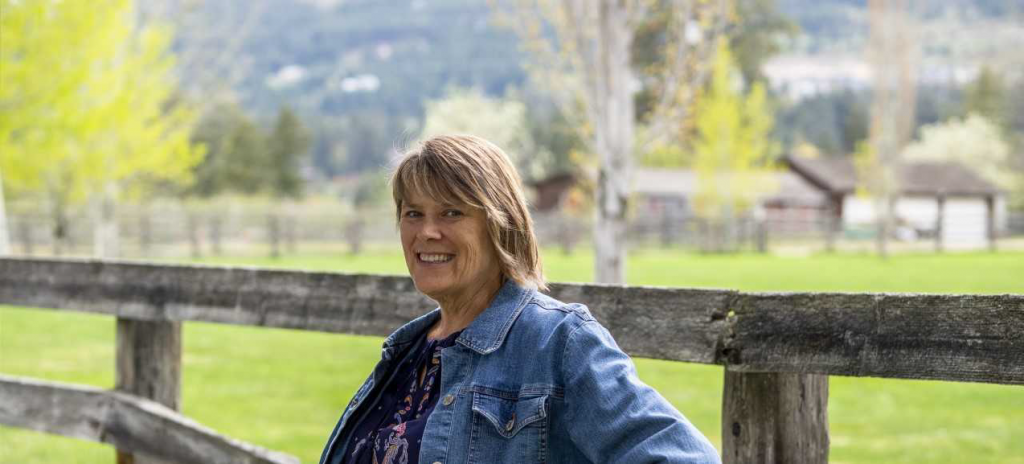
Dr. Nelly D. Oelke PhD RN
Associate Professor, School of Nursing, Faculty of Health and Social Development, University of British Columbia, Okanagan and Scientific Director, Rural Coordination Centre of British Columbia.
Dr. Nelly Oelke is a registered nurse and graduated with her PhD in Interdisciplinary Studies from the University of Calgary. Dr. Oelke is a health services researcher with expertise in integrated health systems, primary health care, patient engagement, mental health, Indigenous health, and health policy. Her research skills include qualitative methodology, mixed methods, case study methodology, knowledge translation, deliberative dialogue, and implementation science.
Dr. Oelke has been working at the University of British Columbia, Okanagan Campus since 2011. Currently she is the Research Lead in the School of Nursing. From 2016-2019, she held the position of Academic Co-Lead for the BC SUPPORT Unit Interior Centre where she took an active role in patient engagement in research, knowledge translation, and implementation science. She also is a Technical Committee member for the Health Standards Organization, Ottawa, Canada and has been working on the development of an Integration Standard to support integrated health systems. She will also be working on a maturity scale to align with the Standard.
Dr. Oelke’s research focuses on integrated health systems and service delivery with a specific focus on primary healthcare. She has a specific focus on rural research in mental health and more recently is looking at the mental health impacts of climate change events and COVId-19. She also focuses on interprofessional collaborative practice and primary healthcare teams. Dr. Oelke also has a partnership with researchers in Brazil focusing on integration and care transitions and with the Centre for Rural and Remote Mental Health, University of New Castle, in Orange, New South Wales, Australia. She spent two and half months with the Centre in Australia focusing on mental health and rural adversity.
Dr. Paivi Abernethy
Bio coming soon.
Day 2 Session 4 Panelists
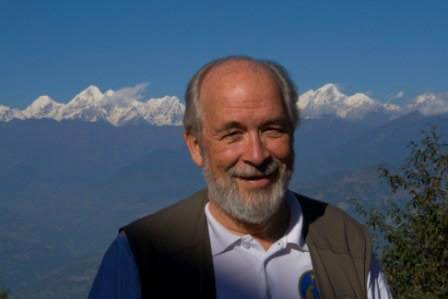
Dr. Robert F Woollard, MD, CCFP, FCFP
Professor, UBC Department of Family Practice
Dr. Woollard has extensive national and international experience in the fields of medical education, the social accountability of medical schools, ecosystem approaches to health, and sustainable development. He is actively involved in Nepal with a new national medical school, school of public health, and nursing school founded on the principles of social accountability, and also works in East Africa on matters of social accountability, primary care, and accreditation systems. He co-chairs the Global Consensus on Social Accountability for Medical Schools (GCSA) and does extensive work in this area with many international bodies. He was a lead organizer for the World Summit on Social Accountability that led to the Tunis Declaration. His primary research focus is the study of complex adaptive systems as they apply to the intersection between human and environmental health. His book, “Fatal Consumption: Rethinking Sustainable Development” details some of his work in this regard. He is Associate Director of Rural Coordination Centreof BC (RCCbc). He also provides central leadership in the development of a Canadian national strategy for addressing educational and service needs for surgical and obstetrical services in rural Canada—in particular Aboriginal service access for birthing. He was instrumental in establishing the mobile clinic for agricultural workers. Above all he is a husband, father and grandfather.
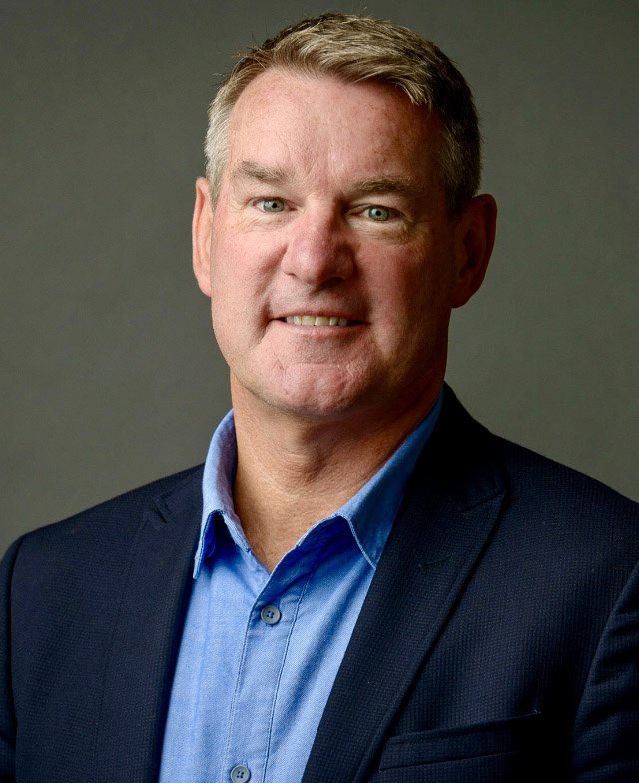
Dr. Alan Ruddiman, MB.BCh, FRRMS
Fellowship in Rural & Remote Medicine; Dip, PEMP.
Alan Ruddiman is an internationally trained rural generalist physician, and a recent Past President of Doctors of BC. He lives and works in Oliver, British Columbia, on the traditional lands and territories of the Syilx / Okanagan First Nations. He is a proud Canadian. Born in Scotland, Alan’s formative years were spent in South Africa. He earned his medical degree, the Bachelors of Medicine and Surgery, at the University of the Witwatersrand in Johannesburg (1989). A founding member of the Society of Rural Physicians of Canada in 1992, Alan was recognized in 2009 as an inaugural recipient of the national Fellowship in Rural & Remote Medicine. His postdoctoral accomplishments include the Physician Executive Management Program from Simon Fraser University.
As a passionate advocate and voice on rural healthcare, medical professionalism, quality improvement, digital health and virtually enabled care, he is a recognized physician leader, a healthcare strategist, a health policy knowledge expert, and a leading proponent for transformation within Canada’s publicly funded health care system. He interacts and has dialogue on a regular basis with teams from across BC’s healthcare system including senior government, health authority leaders, Doctors of BC and UBC Faculty of Medicine. The bulk of Alan’s professional career has been dedicated to service as a rural generalist physician. He holds medical staff privileges at the South Okanagan General Hospital, and has served as President of the Medical Staff, and two terms as Chief of the Medical Staff. Alan is a member of BC’s provincial Joint Standing Committee on Rural Issues since 2007 and has served as its Co-Chair since 2014. He serves on numerous strategic provincial healthcare leadership committees and working groups. He is a UBC Faculty of Medicine clinical teacher and a Director of the Rural Coordination Centre of BC (RCCbc), promoting the enhancement of rural health in BC through education and advocacy. The Province of British Columbia appointed Dr. Ruddiman to the Medical Services Commission effective October 1st, 2020.
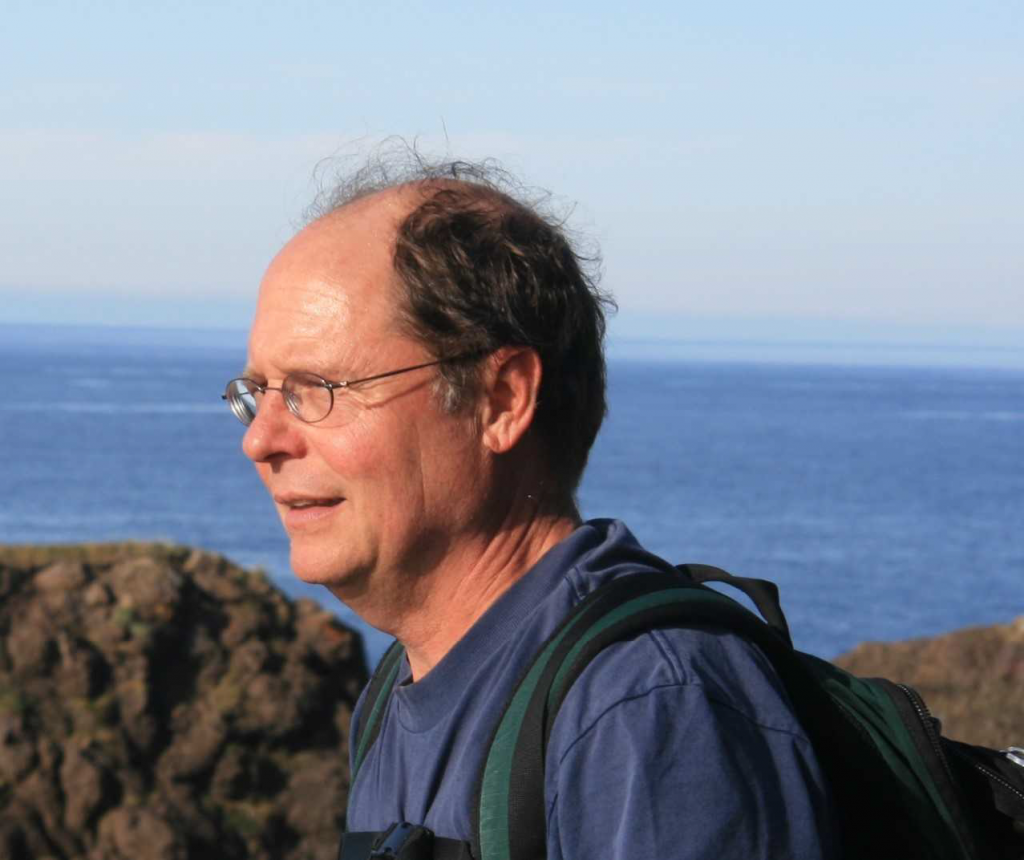
Dr. Tim Takaro
Dr. Takaro is a physician-scientist trained in occupational and environmental medicine, public health and toxicology, at Yale, the University of North Carolina and University of Washington. His research is primarily directed toward the links between human exposures and disease, and determining public health based preventive solutions to such risks. His work includes use of biological and other markers for medical surveillance, exposure assessment, and disease susceptibility with a focus on immunologic lung disease, human health and war, clinical occupational and environmental health and population resiliency in the health effects of climate change. Current research on human health and climate change focus on water quality in BC communities and the interaction of cumulative exposures related to resource extraction and climate change.

Dr.George Abbott
First elected as an MLA for the Shuswap in 1996, George has served as Minister of Education, Minister of Aboriginal Relations and Reconciliation, Minister of Health, Minister of Community, Aboriginal and Women’s Services, and Minister of Sustainable Resource Management and many other titles over the last few decades. He graduated from the University of Victoria with a PhD and MA in Political Science. Some of the major projects he worked on since 2013 includes negotiator for Lax Kw’alaams First Nation LNG negotiations (2013-2015), mediator/facilitator for Strathcona Regional District in resolution of water issues with the City of Campbell River (2013), Co-Chair for Provincial Fire and Flood Review (2018). Recently, he published a book on Big Promises, Small Government: Doing Less with Less in the BC Liberal New Era (2020). This book demonstrates the integral relationship between effective tax policy and sustainable social programs.

Dr. Margo Parkes, (MBChB, MAS, PhD)
Dr. Parkes is a Professor in the School of Health Sciences, UNBC; Cross Appointed, Northern Medical Program, UBC (2009-2020) and an Honorary Associate Professor, Department of Preventive and Social Medicine, University of Otago, Dunedin, New Zealand. She held the Canada Research Chair in Health, Ecosystems and Society position from 2009-2019. Her current research focuses on the impacts of ecosystem change on social determinants of health especially in the context of watersheds in rural, remote and Indigenous communities. Another focus includes the design of education, research and governance options to address the converging objectives of health, social equity and ecosystem sustainability. Informed by the intersectoral, interdisciplinary and boundary-crossing nature of this work, she has specific interests in the collaborative and multi-stakeholder processes required to address complex issues at the interface of health and sustainability.
Bio’s to be coming soon…
- Dr. Courtney Howard
- Dr. Elizabeth Wiley
- Dr. Ilona Hale